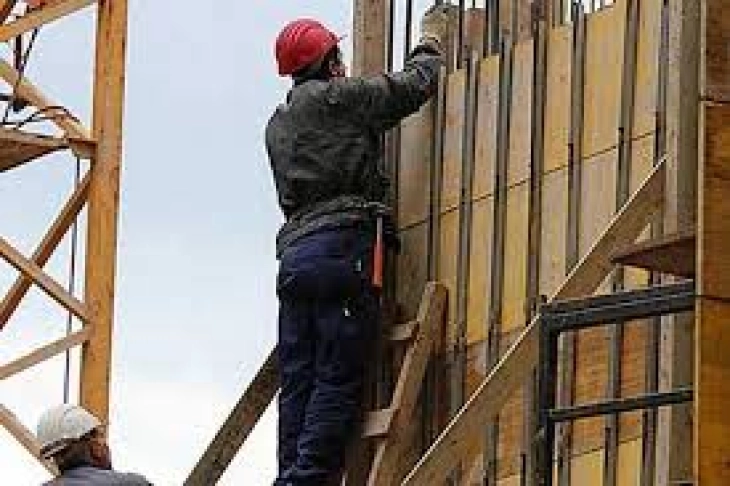North Macedonia to import workforce, lack of staff most prominent in tourism and construction
- Tourism and construction are the sectors lacking the most staff and regarding which the country is considering to import workforce.
- Post By Nevenka Nikolik
- 14:06, 14 March, 2023

Skopje, 14 March 2023 (MIA) – Tourism and construction are the sectors lacking the most staff and regarding which the country is considering to import workforce.
According to Deputy PM for Economic Affairs Fatmir Bytyqi, import of workforce is nothing new, but it’s only now being discussed openly. It is a practice in all countries, he noted.
Bytyqi said it’s primary to ensure a workforce from the local market, but analyses show that the country is missing around 10,000 workers yearly. He believes initial imports should be focused on people from the region.
Quotas have not been determined yet, nor the places that workers would be imported from. There is an open discussion in the Government because it’s a current problem, Bytyqi noted.

“Unfortunately, the knowledge and skills of the unemployed don’t match the needs of the labor market. The economy needs to fill this gap. The fact of the matter is that there are more and more companies reporting that they’re struggling to find workforce from what’s available at the Employment Agency or those who are not registered in the Agency. That’s why the Government is making a plan through the Operative Employment Plan, to prepare them for the labor market through additional qualifications. We need to import the workforce until then because the migration is evident, not only here, but in all countries of the Western Balkans and Europe,” Bytyqi said.
Talks are underway with the Chambers of Commerce concerning the branches that would import workforce.
“Construction, hospitality and tourism are the riskiest categories because we’re talking about seasonal workers that go abroad to Croatia, Slovenia and other EU member states. There is a serious need for people in this sector because it pays well, just not as well as EU countries. It’s a normal process. We had 5,300 workers from abroad last year,” the Deputy PM said, pointing out that competition is always healthy.
“Our economy so far has developed at unsatisfactory rates, and it will take a more competitive workforce to fix that. Workers are going away for higher wages. Here, the average pay has reached EUR 550, and it’s 1,100 where they go to work. In the countries where mining and construction workers will be coming from to work here, it’s about EUR 200 on average. It’s a natural cycle of workforce movement for the better,” Bytyqi said. dk/nn/
Photo: MIA archive







